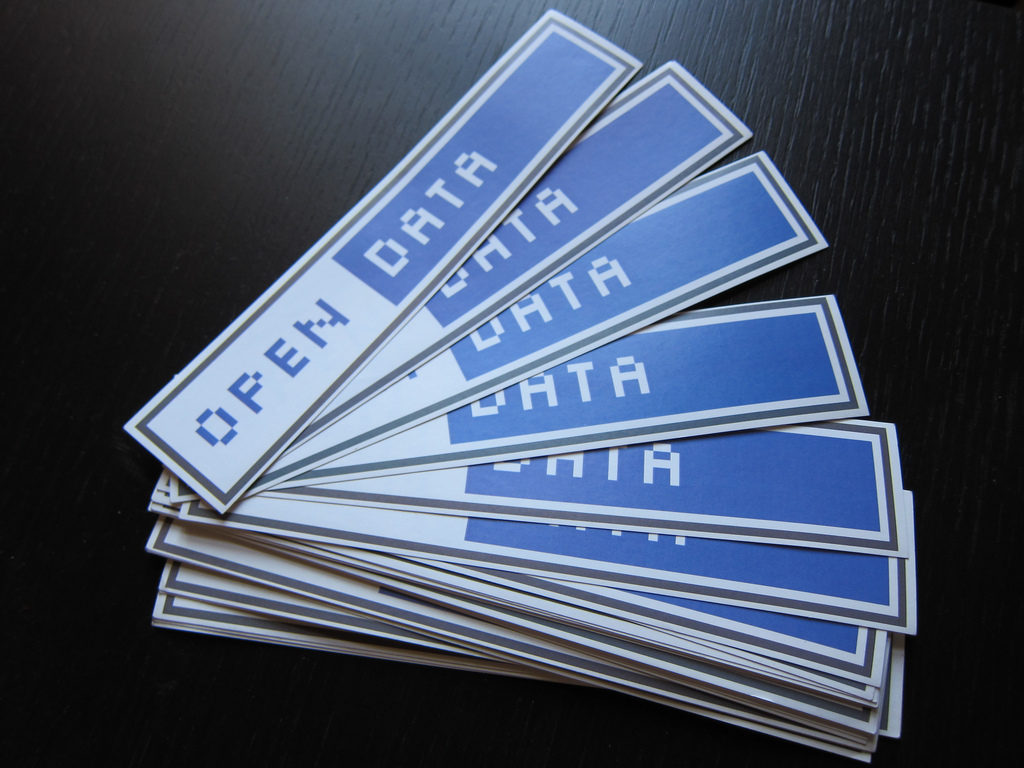In a recently published article in the New England Journal of Medicine, Brian Strom and his colleagues discuss the preliminary results of clinical trial data sharing efforts by pharmaceutical companies and other groups. Their findings indicate that the response to data sharing has been modest.
The intention of the data sharing efforts was to figure out ways to “improve the use and output of data-sharing projects before the clinical research community invests the substantial effort and resources required to broaden the effort to include academic and other non-commercial investigators.”

“A large majority of the researchers who submitted proposals were granted access. However, fewer than 200 proposals were submitted over the first 2 years, and though it may still be early, only one published paper has so far emerged from the proposed projects. The wider public and the press have shown little interest in the data-sharing site since the initiative was launched.”
The data they are referring to are those generated in clinical trials. Clinical trials are studies conducted in human volunteers to test if drugs can be used by the general population. There are four phases of research involved in clinical trials – phases 1-3 test the acceptable safety and dosage of drugs, their efficacy, side effects and monitor adverse reactions. Phase 4 trials take place post-FDA approval of drugs, once the drugs have reached patients, and is also referred to as Post-Market Safety Monitoring.
Some researchers, like Howard Bauchner and his colleagues, believe that data sharing is an “ethical and scientific imperative.” The reasons they provide for this belief are 1) key data are lost to research and patient communities if they are not accessible for reanalysis 2) meta-analyses are useful, but meta-analysis of individual participant level data can provide new information 3) it can provide a check against intentional or unintentional underreporting of findings 4) it is an ethical responsibility to research participants who participate in clinical trials, devoting their time and exposing themselves to possible risks for the greater good of society.
Others like Longo and Drazen have voiced concerns about indiscriminate data sharing. They discuss two main concerns, the first being that researchers who did not develop and implement the study and are involved in re-analysis may misunderstand choices made by the original researchers in defining and choosing study parameters.
Secondly, they worry that a class of researchers called “research parasites” will emerge – “people who had nothing to do with the design and execution of the study but use another group’s data for their own ends, possibly stealing from the research productivity planned by the data gatherers, or even use the data to try to disprove what the original investigators had posited.” They are not entirely opposed to data sharing, however, but propose that it should be done to collaborate on projects and develop new hypotheses rather than focused on re-analysis.
In the current paper, Strom et al discuss one avenue of data sharing, a public website – clinicalstudydatarequest.com (CSDR) which began operating in May 2013. On this website, data requests could be made of participating sponsors or pharmaceutical companies and “were subject to approval by an independent review panel.” The panel comprised of the authors of this report.The authors are no longer reviewers on this panel, however, and it is currently run by the Wellcome Trust.
During the time they were reviewers, 177 requests for data sharing were submitted of which 144 were granted access. The remaining 33 were withdrawn after being asked for more details about their request. “Most proposals (148) were for a new study and publication, with confirmation of original studies’ results (3) being quite uncommon.”
The authors also sent out a survey to data requesters, to learn more about the projects for which the data were used. They received only 24 responses, and “only one manuscript that had been published and four others that had been submitted for publication.” Some comments they received indicated that analyzing data behind firewalls is cumbersome and not adequate for individual-level meta-analysis.
They conclude by saying that they cannot provide reasons why data sharing has not led to great research productivity because the responses to their survey were limited. They concur with Bauchner et al. in the understanding of the ethical and scientific imperative to share data, but also point out that there is a need to better understand ways to actually go about this process before further resources are invested to “broaden the effort.”
****
Strom, B. L., Buyse, M. E., Hughes, J., & Knoppers, B. M. (2016). Data Sharing — Is the Juice Worth the Squeeze? New England Journal of Medicine, 375(17), 1608-1609. doi:doi:10.1056/NEJMp1610336 (Abstract)















Why not just reject psychiatric drugs outright?
Nomadic
Report comment
Some pharmaceutical company execs believe maximizing profits is the research imperative, an imperative that is jeopardized by any and all “ethical and scientific” considerations. Data sharing is seen as a threat to this overall and supreme aim of maximizing profits. I am not at all surprised that the idea of data sharing would be a “slow” starter, if not a non-starter.
Report comment
You’re right. These guys are obsessed with their corporate secrets and determined to protect them at all costs. Anything that might reveal the least thing about a product is classified, lest corporate rivals and spies deduce the least thing about your latest wonder drug, prior to you acquiring that priceless patent.
Report comment